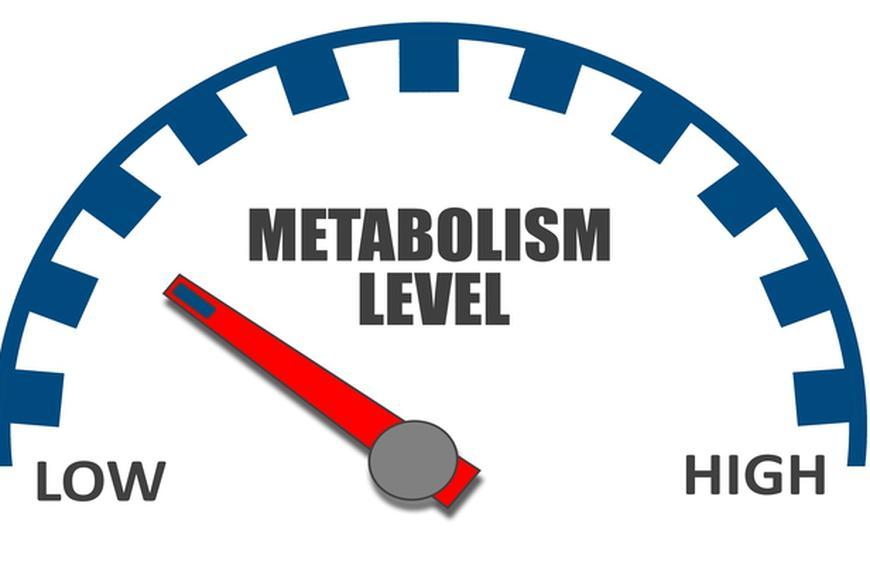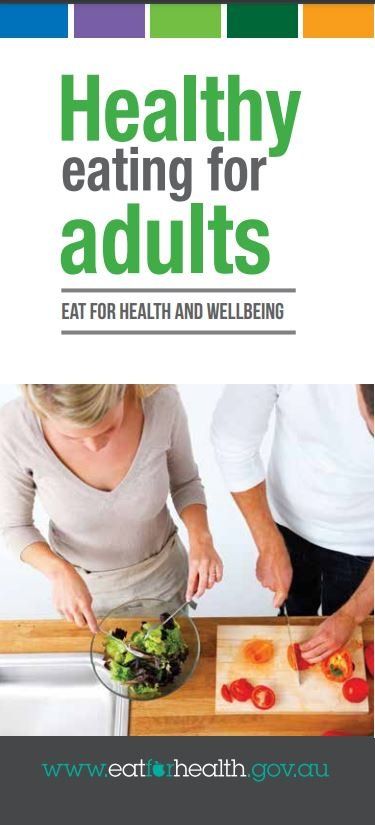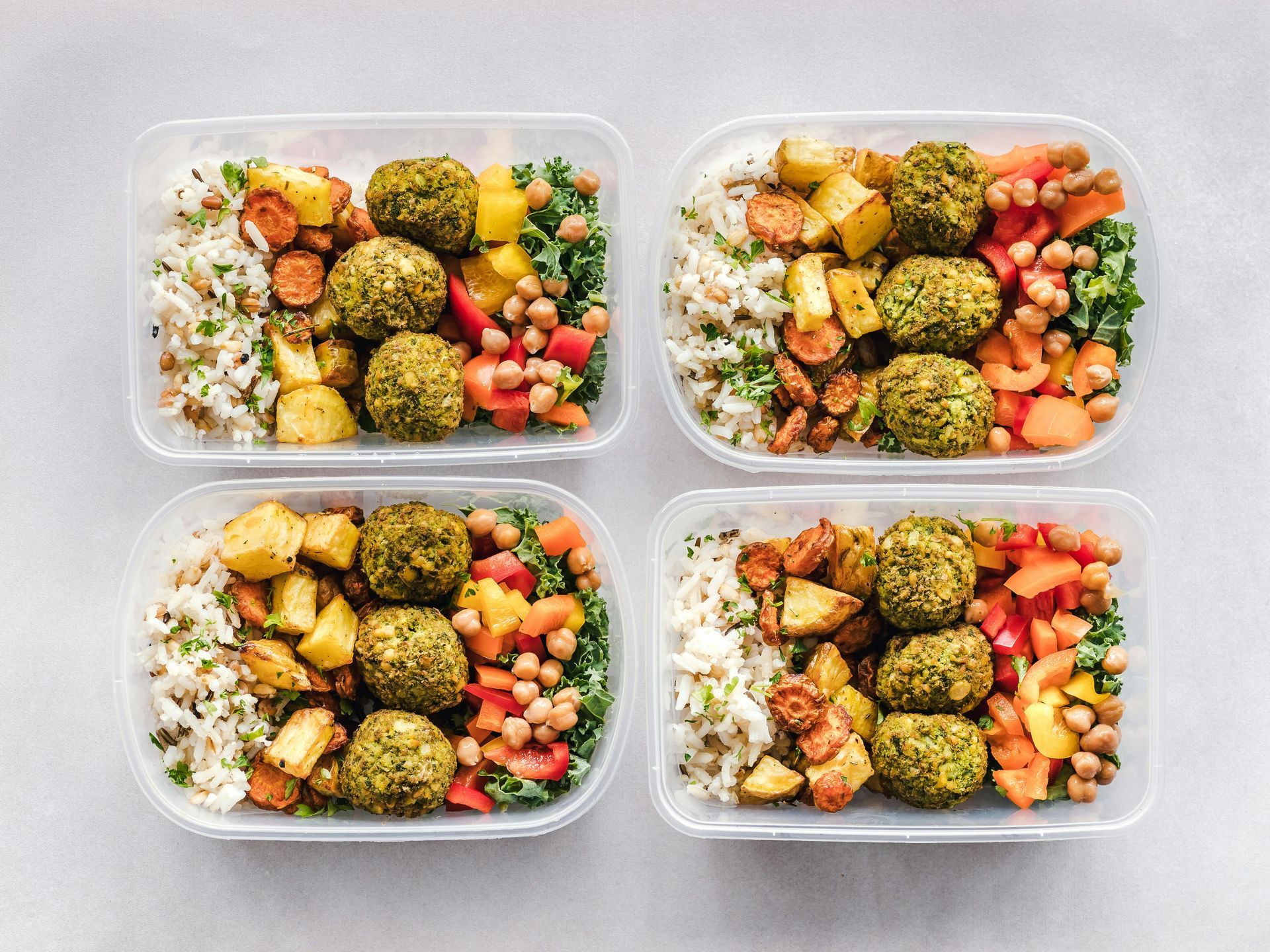What is metabolism and how to improve yours!
What is metabolism and how to improve yours!

Metabolism refers to all the chemical processes your body uses to produce energy. Your body converts food to energy to carry out the everyday functions it needs to maintain itself. You may want to know more about your metabolism, what affects it, and if you can change or boost it.
Your body breaks down carbohydrates, fat and protein from food and drink, and converts these into energy for everyday functions such as:
- breathing
- digesting food
- circulating blood
- repairing and growing cells
Your metabolic rate is the amount of energy your body uses per day to carry out these functions. The energy is measured in kilojoules.
How does your metabolism work?
Your metabolism involves two processes, catabolism and anabolism, that are carefully regulated to remain in balance:
Catabolism is the process of breaking down food into simpler forms, releasing energy.
Anabolism is the process of using this energy to grow and repair cells in the body.
If your body consumes more energy than it needs, it usually stores the excess as fat.
What can affect your metabolism?
Factors that affect your metabolism include:
- body size and composition — larger people, including those with more muscle, burn more kilojoules, even when resting
- gender — men usually burn more kilojoules than women of the same age and weight, partly because men often have more muscle relative to body weight
- age — as you get older, you lose muscle, which slows metabolism
- genes — genes play a role in muscle size and growth, which can affect your metabolism
Metabolism and your health
Health issues can affect your metabolism. Hyperthyroidism can increase your metabolism and cause sudden weight loss, sweating, or an altered heartbeat. Hypothyroidism can disrupt metabolism and lead to obesity, joint pain and infertility.
Your metabolism can also affect your health. It appears that people have different metabolic rates, which can influence on their weight. Being overweight or underweight can, in turn, affect your health.
Metabolic syndrome is a cluster of risk factors and can increase your risk of heart disease, kidney disease and diabetes, including:
- high blood pressure
- insulin resistance
- excess abdominal weight
- high triglycerides (a type of fat) in the blood
- low levels of 'healthy' blood cholesterol (HDL)
ARE YOU AT RISK? — Are you at risk of type 2 diabetes, heart disease or kidney disease? Use the Risk Checker to find out.
Can I increase my metabolism?
There is little scientific evidence to show that any foods or supplements can boost your metabolism. Although it's hard to change your metabolism, the more physical activity you do, the more kilojoules (energy) you use.
Some ways to burn kilojoules include aerobic activity (including walking, cycling and swimming), strength training, and by moving around more each day. Strength training can increase your metabolism by increasing muscle mass.
If you are concerned about your health or your metabolism, you should see your doctor.







